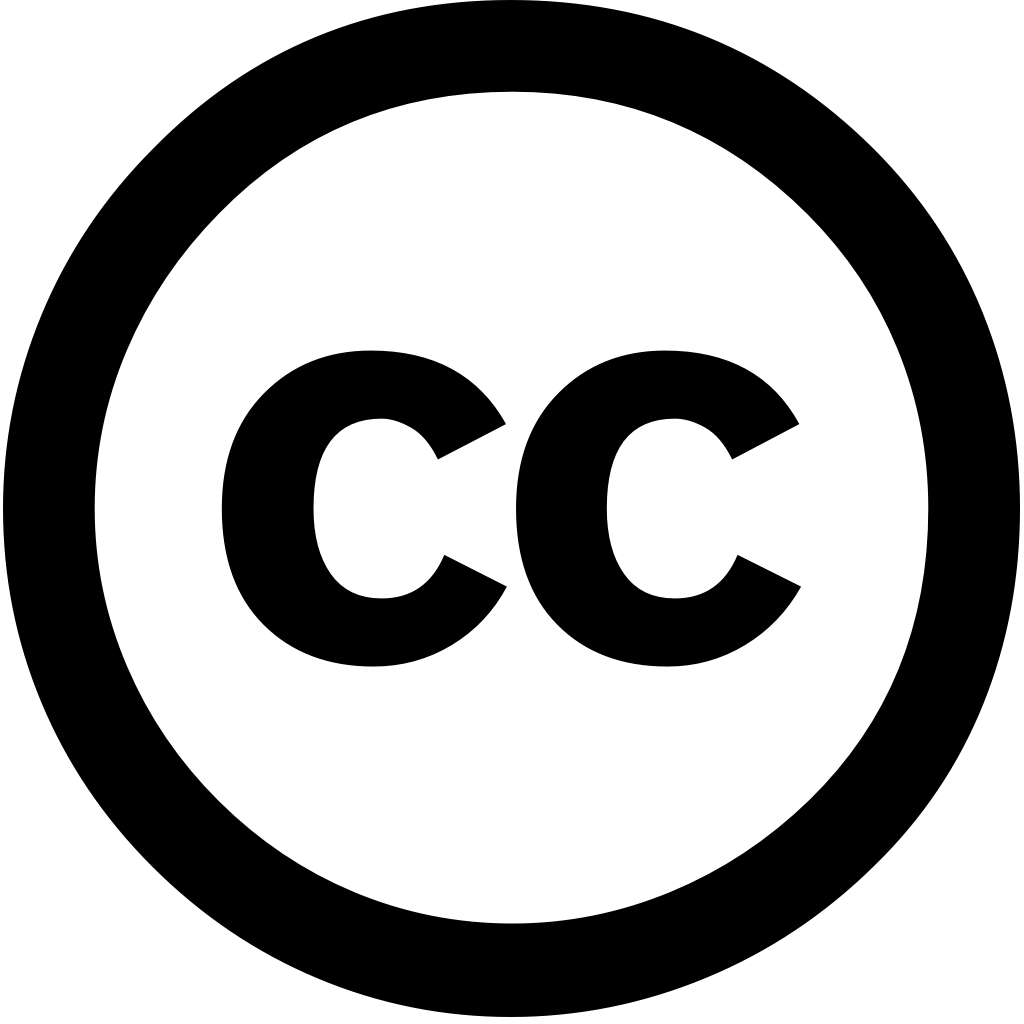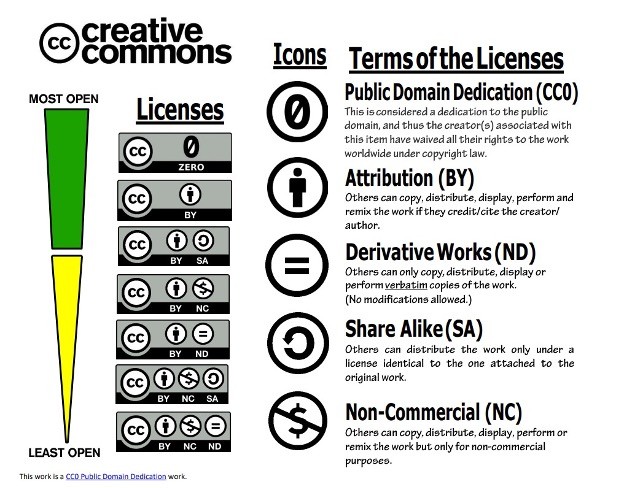
Publishing is a stage in the research cycle where the researcher makes his work available to the public for free or for sale through a journal publication. This page provides guidelines and information on accredited journals, Open-Access publishing and the Transformational Agreement, further on how to improve the visibility of both researchers and their research. Read more about Open Access Publishing by Elsevier here.
SANLiC has negotiated and signed a number of agreements for South African Higher Education Institutions. The list of current negotiated agreements is now available allowing South Africans to publish FOR FREE
1) READ AND PUBLISH LIST (ACM, SPRINGER, WILEY, ELSEVIER)
Publish OPEN ACCESS without cost in these journals [UP Author/s must be corresponding author/s]. Contact your Information Specialist at marriette.mapheto@up.ac.za to assist you verify whether the journal you chose is indeed Open Access and Accredited.
OrcID Connecting Researchers and Research
Create your OrcID Get a standard unique author identity
What is OrcID?
Populate your ORCID Link publications from Scopus~Google Scholar~Manually~Use Crossref to keep your ORCID updated
Short Video Use the Search & Link Wizard to Import Works
How to improve your research visibility
Research(er) Visibility Check - this will assist your research to be visible and accessible.
WILEY - Open Access articles create higher impact: click here
Predatory publishing includes practices that exploit academic research output for financial gain to the detriment of the academics, researchers and their institutions. Here is a tool researchers may use to identify a trusted publisher for their research:
Here is another tool researchers may use to judge the legitimacy and academic credentials of conferences.
Please note that we have reached the annual article allowance of 1,074 articles allocated to researchers in South Africa. Springer has deactivated the open-access, no-fee publishing option. Authors will now be charged for APCs fees for publishing open access in hybrid journals.
Creative Commons (CC) licenses are legal tools that creators and other rights holders can use to grant certain usage rights to the public, while reserving other rights.
There are different licenses, each with 3 layers:
All works held under Creative Commons licenses are indicated with this icon: . Furthure, CC-licensed work can then have four different license terms
. Furthure, CC-licensed work can then have four different license terms
 icon, which indicates that a user can copy, adapt, remix, display, perform, and distribute your work so long as they credit your name as requested by you.
icon, which indicates that a user can copy, adapt, remix, display, perform, and distribute your work so long as they credit your name as requested by you. icon, which indicates that the work is free to copy, distribute, display, or perform as it is, verbatim with no modifications or adaptations.
icon, which indicates that the work is free to copy, distribute, display, or perform as it is, verbatim with no modifications or adaptations. icon, which means that folks can only disseminate the work under the same license chosen by the original author for the work.
icon, which means that folks can only disseminate the work under the same license chosen by the original author for the work. icon, which indicates that others may copy, distribute, display, perform, or remix the work but only for non-commercial purposes.
icon, which indicates that others may copy, distribute, display, perform, or remix the work but only for non-commercial purposes.The above 4 can be combined to make the 6 primary Creative Common License as below:

The library's Special Collection Unit can assist with issuing ISBNs.